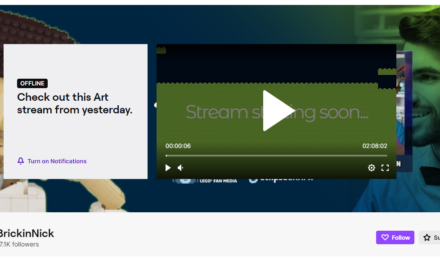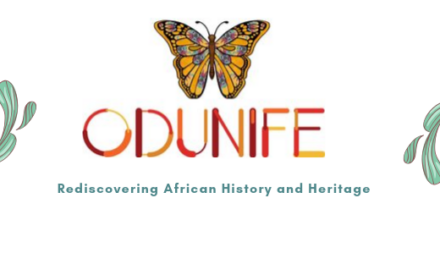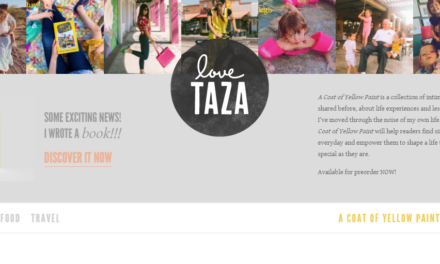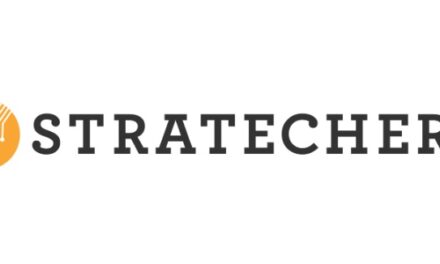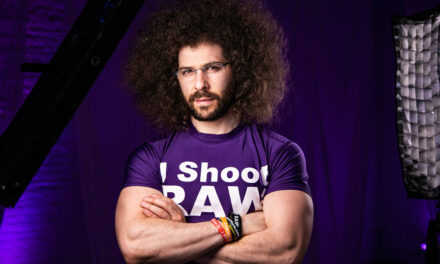A couple of years ago, if someone asked you what you did for a living and you told them you were a “storyteller,” that person would have nodded in pretend understanding while assuming you still lived with your parents. Now? A search of LinkedIn reveals that there are over 650,000 people with the word “storytelling” in their title. That’s more than the entire population of Boston.
Traditionally, storytelling has been the preserve of Homeric types: writers, poets, rappers, etc. But the storytellers of LinkedIn are an entirely different breed, largely focused on helping brands present themselves to the world. Brand storytelling is one of the new buzzwords thrown around in the advertising world. For proof, just check out this Google trends analysis:
In theory, having brands focus on storytelling should make most of us happy. Like it or not, brands are a part of our media landscape now, and having them tell better stories leads to an internet that is a little less dominated by marketing jargon, sales pitches, SEO bait, and 2×1 pizza deals. But like any hot trend, too many people hopping on the bandwagon starts to muddy the waters for those who actually know what they’re doing. Storytelling used to be something liberal arts majors did in their spare time-now it’s a monetizable commodity, which means everyone wants a piece. (There’s even a wikiHow article on it, which doesn’t surprise me, but reading it did hurt my soul a little bit.)
However, I’ve seen firsthand that the people who worked for brands over the years in more traditional advertising roles aren’t necessarily great matches for this new wave of storytelling, LinkedIn stats be damned. Many of them are people we’d have called branding consultants a few years ago; they’ve just updated their titles to capitalize on the storytelling trend. Some work at ad and creative agencies; even more are solo practitioners, growth hackers, social media experts and the like. And while a tweet or a Facebook post is technically a (very short) story, I think most of us would agree that today’s brand publishing ecosystem favors the type of tale that’s closer to 2,000 words, not 140 characters.
Brand storytelling, in many ways, is a more arts-friendly form of brand marketing, but there are some crucial differences between the two. For one, editorial content plays a far greater role in corporate communications than it ever has in the past. That means a brand’s narrative is no longer just a function of a tagline, branding, and advertising campaigns. And it means the workers in charge of crafting and maintaining a brand’s story need to have the ability to tell that story to the world, in both the macro and micro sense.
It turns out that the people with the best skill sets for this new type of marketing are editors and journalists.
Here’s the part where I admit I am a little bit biased. I’m a former journalist, and since I’ve been at Contently, I’ve built a team that largely consists of editorial folks. But when you read a job description for a brand storyteller, editors-especially those with experience in digital media-turn out to be a really good fit. They know how to identify and shape a strong narrative. They get how to write in a particular voice-making sure stories adhere to all the proper guidelines-but they also have the understanding to push back if something sounds too self-promotional, too flimsy. They’ve built their careers on understanding what audiences are interested in-and how the stories they produce contribute toward the ultimate goal of making an audience loyal to a brand.
That’s not to say consultants and strategists who’ve updated their titles aren’t capable of taking on these responsibilities. Some have been able to adapt. But there are a lot of sham storytellers out there, and people with editorial backgrounds, those who’ve actually been telling stories in the publishing world all these years, are the individuals who can help brands the most.
For anyone out there trying to build a content marketing team, always remember: Anyone can tell a story, but that doesn’t mean everyone is qualified to be a storyteller.



